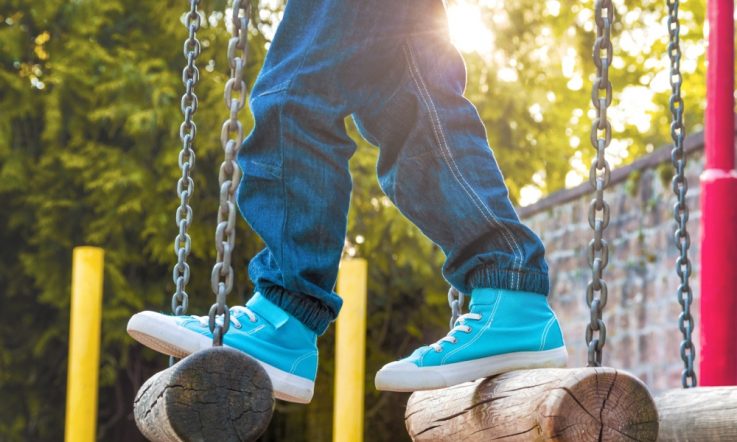If I could recommend just one book to both beginning and experienced middle school teachers, it would be this one.
Turnaround tools for the teenage brain – helping underperforming students become lifelong learners is only 144 pages long, and is a concise yet thorough combination of the research and strategies that have been successful in improving outcomes for the most difficult of students.
All committed teachers have deep concerns for the students that lack motivation, are constantly distracted and refuse to put in the effort required to achieve good results. We worry about the children from disadvantaged and sometimes neglectful (or worse) families, the children that are frequently absent from school and those that are depressed, angry, lethargic and with poor personal and interpersonal skills.
The authors, Eric Jensen and Carole Snider, are former teachers, so they are realistic about what a teacher can achieve in a school environment. They have used research evidence to support the effectiveness of the strategies suggested. There are no quick fixes and the 'What You Can Do' sections require constant attention for incremental improvement. However, they are comprehensive, targeted interventions that are designed to address specific student difficulties.
The eight chapters include Changing Your Student's Brains, Begin with Attitude Building and Build Cognitive Capacity. These chapters are grounded in neuroscience and describe how to maintain a healthy brain and the factors that change an adolescent brain the most – starting with relationships.
Good quality teacher-student and student-student relationships have powerful effects on student learning. Knowing your students well and developing respectful relationships that are tolerant of diversity is an excellent start-of-year goal.
In a small school like mine, Hawkesdale P12 College, which has just over 200 students from Foundation to Year 12, it is relatively easy to get to know every student over time. You see them start no taller than the door handles, in the front row at assemblies and move through their 13 years until they have to duck through doorways and own the back seat of the bus.
During those years there are many opportunities to get to know a student and their family. In minutes that might be wasted waiting for the school to assemble, take the time to chat to students about their interests, hobbies and passions. You may just find a link that helps you to explain content or a way to encourage effort.
The few hours it takes to read this book will be returned in time saved worrying about how to respond to students who you know could achieve more. Even if you are the kind of teacher who accepts that you are doing your best and it is up to the student to change, this book will give you an insight into how to be more effective and enjoy your work.
Whether we like it or not, teachers have an enormous influence over every child's future and it is our responsibility to provide them with the knowledge, skills and attitudes to achieve their goals, contribute to our community and live fulfilling lives.
If you could recommend one PD book to a colleague what would it be? Why?
Share your recommendations with the Teacher community, by tweeting @teacheracer, using the hashtag #TeacherMag.



